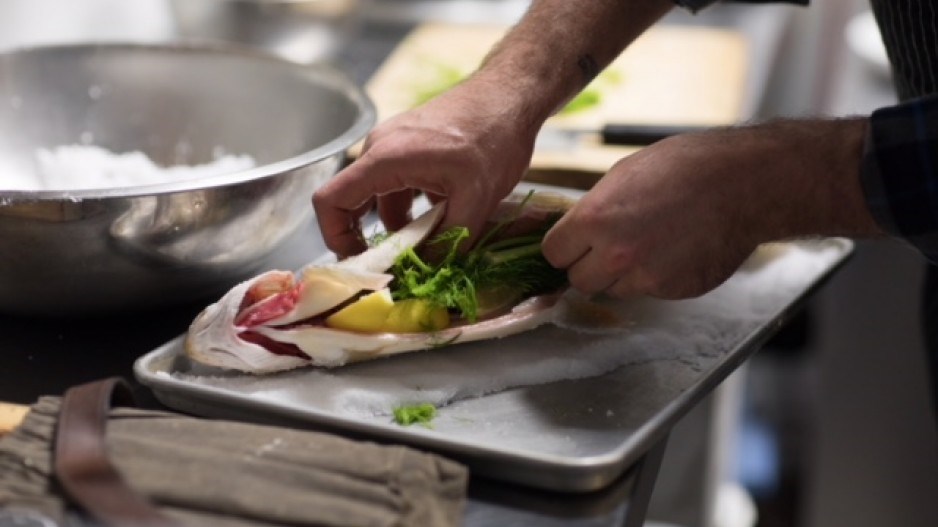B.C.’s restaurant industry is growing rapidly and Vancouver is becoming a leader in the culinary world. But the high demand for dining out is contributing to a serious labour shortage in the industry.
Over 10 million people visited Vancouver in 2016, and the record- breaking number contributes to the city’s ongoing restaurant industry boom. 174,200 people are directly employed in the restaurant industry in BC and there are 2.7 million restaurant visits every day across the province.
This has caused the labour shortage to escalate in the last 12 months for both small and large restaurant operators, according to B.C. Restaurant and Food Services Association (BCRFA) research program manager Samantha Scholefield. The BCRFA believes that recruitment strategies, benefit changes, schedule management and leadership training opportunities will help jump-start the restaurant industry workforce.
Filling restaurant positions with skilled employees
Demographics play a large part in the labour shortage issue—the BCRFA wants to find new sources of talent and help retain professionals already in the business. With less people pursuing the restaurant trade as a career, there are less employees to fill the jobs of those who are retiring.
The BCRFA recently completed six months of research on Vancouver’s skills gap and employment shortage issue by talking to over 300 operators in the area funded by the Employment Program of BC. They conducted four focus groups with hospitality students at BCIT, Douglas College and Capilano College.
“We wanted to talk to people entering the workforce about what they’re looking for in jobs,” said Scholefield. “We need to make sure that the kinds of jobs, benefits and perks and the way we work with people in our industry respond to the needs of those new workers.”
The BCRFA study has found that the biggest crisis is in kitchens. With less skilled cooks and chefs, positions are more difficult to fill. Some restaurants are now having to close once a week, and some want to expand but do not have enough key staff to start a new location.
“We need to focus on these jobs as careers and not just transient positions,” said Scholefield.
Studies say that people are leaving the industry in their thirties because the jobs do not balance well with families and personal schedules. This is something the industry needs to rectify.
Strategies to help balance supply and demand
Many employees in the restaurant industry are taking extra shifts and split shifts due to labour shortages. This causes burnout and contributes to the problem. The BCRFA is recommending operators plan earlier in the scheduling process to give staff more flexibility and predictability with their work.
“We have the customers, we just have a lot of people that are tired because it’s hard to keep up with so much work,” said Scholefield. “When you’re short people and so busy, it’s an aggravated situation. We need to create the opportunity for people to have a life and work in the restaurant industry as well.”
The BCRFA has learned that mentorship is important to young workers. They also found that prospective workers want to align with the workplace values, have some creative freedom, as well as management, leadership, and promotion opportunities. By providing these environments, they hope to attract more professionals to the industry.
Seeking solutions for positive change
The new Vancouver luxury hotel Parq Vancouver recently opened five restaurants, which brought on a massive demand for kitchen and hospitality hires. The continuing surplus of restaurant industry jobs needs to be addressed by both the government and operators.
“Operators are shaking every tree to fill positions. And that’s hard in a tight labour market,” said Scholefield. “We have a world-class culinary reputation. We really have to step up our industry profile.”
The BCRFA will host a restaurant industry open forum on January 16 from 10 a.m. to noon at the Italian Culture Centre. The feedback from the forum will be included with the research findings and will be submitted in the final report to the Ministry of Social Development and Poverty Reduction. For more information on the event, please visit www.bcrfa.com.
The Employment Program of British Columbia is funded by the Government of Canada and the Province of British Columbia.




